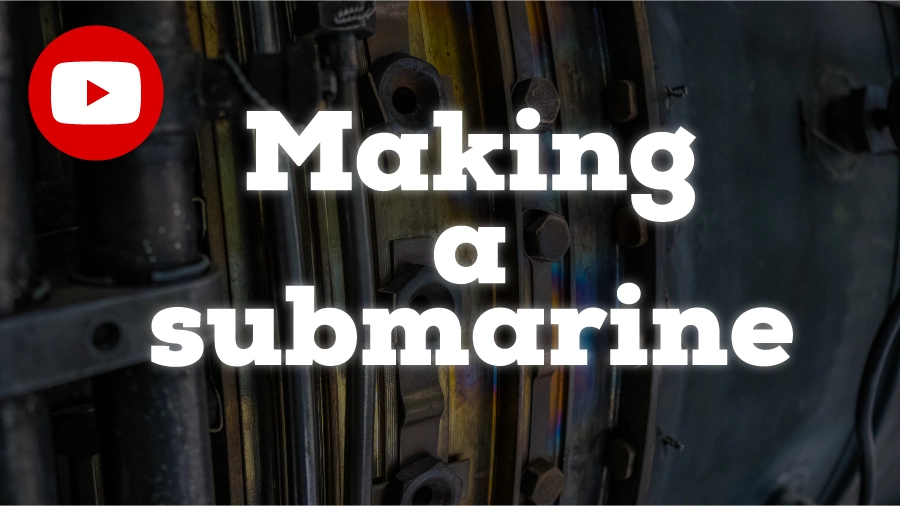The most used European standards in steel construction.
A standard is a rule setting the type of a manufactured object or a service and the technical conditions for its realization. The customers, the principals, refer to the standards that concern them in the contracts they sign with the manufacturers. In France, for example, we have the AFNOR (French association of standardization) participates within the C.E.N (European committee of standardization) in the elaboration of European standards applicable by all the countries of the C.E.E (European economic community). A company certifying body certifies, after a quality audit, that the company implements, for given activities, a quality assurance system that meets the requirements of one of the standards of the ISO 9000 family version 2000. These standards also apply to the obtaining of diplomas or welding certificates, for example my diploma is under the ISO 9606-1 standard.
ISO 9000
The objectives of the international standard ISO 9000 are : To clarify the distinctions and relationships among the major concepts related to quality. To provide guidelines for the selection and use of a series of International Standards on quality systems, which can be used for internal quality management purposes and for external quality assurance purposes. To specify the essential principles and vocabulary.
ISO 9001
ISO 9001 is used when conformity to specified requirements must be assured by the supplier during several phases which may include: Design and development of a product/work. Production. Installation or use on site. Post-sale support. It specifies the quality system requirements that are applicable when a contract between two parties requires demonstration of the supplier's ability to design, manufacture and supply a product. It is used when compliance with specified requirements must be assured, either by the supplier during production and installation, or only during final inspection and testing. It specifies the quality system requirements that apply when a contract between two parties requires demonstration of the supplier's ability to control the processes that are critical to the acceptability of the finished product. The specified requirements are intended, in the first instance, to prevent nonconformance during production and installation and to implement means to prevent recurrence.
ISO 9004
The ISO 9004 standard gives guidelines to all organizations for quality management purposes. It aims to improve the performance of the organization and the satisfaction of customers and other interested parties. - Design and development of products. - Procurement. - Preparation and development of processes. - Production. - Controls, tests and examinations. - Packaging and storage. - Sales and distribution. - Installation and commissioning. - Technical assistance and maintenance. - Disposal after use. - Market research and studies.
ISO 19011
ISO 19011 provides guidance on auditing quality management systems and environmental management systems.
ISO 14001
ISO 14001 specifies the environmental management system.
